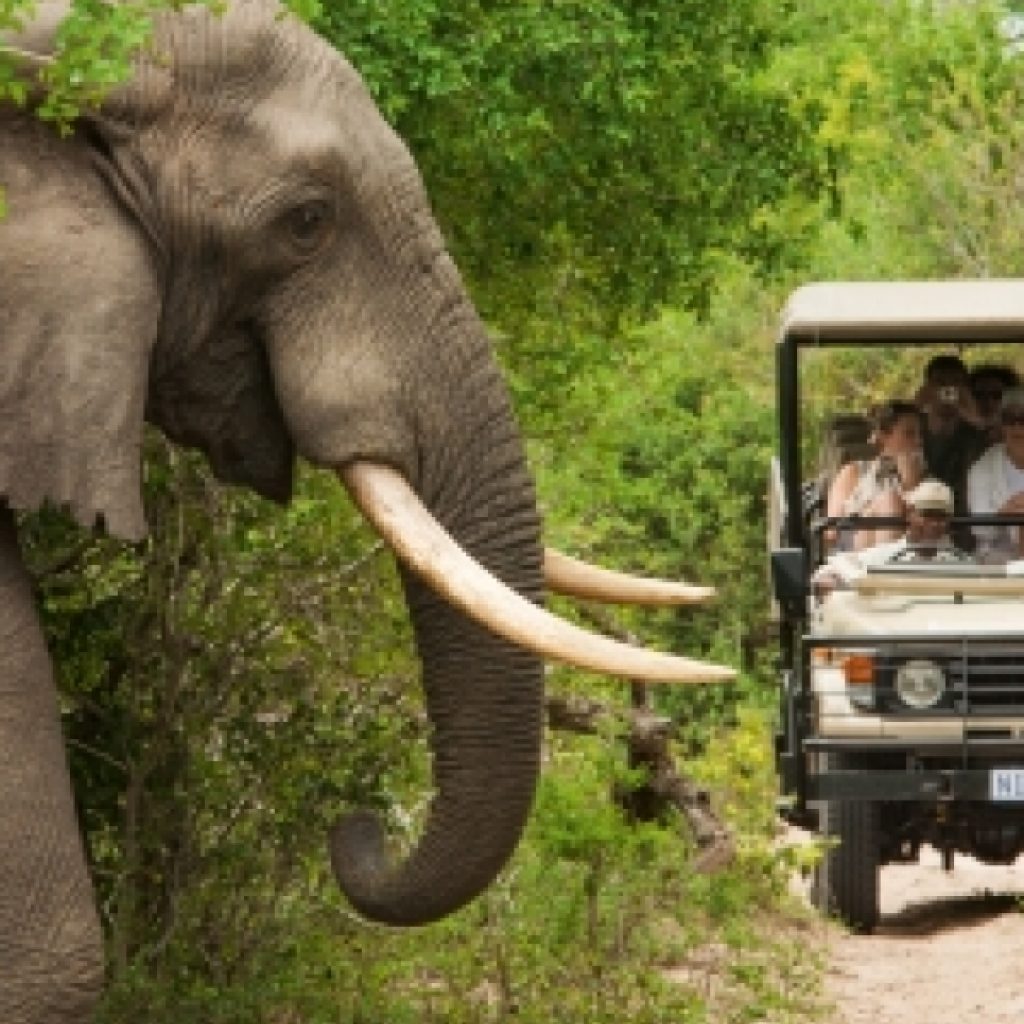
Just as the African tourism industry was starting to show promising signs of recovery, a new variant reared its ugly head and threw everything off-kilter. Luckily, Africa specialists predict that a flourishing future awaits the travel and tourism industry in Africa in 2022 and beyond.
The world’s reaction to the fact that South Africa’s scientists identified the omicron variant, was nothing short of devastating, especially for the South African tourism industry. In a knee-jerk reaction, countries around the world closed their borders to Africa one by one. The effect? In just 48 hours, South Africa’s tourism industry lost over $64 million in travel bookings. That is according to the Federated Hospitality Association of Southern Africa
and the Southern Africa Tourism Services Association, representing the South African hospitality and the international inbound tourism private sector, respectively.
Even though the industry breathed a huge sigh of relief when the Biden administration said it would lift the travel ban from Dec. 31, many wondered whether it was too little, too late with traveler confidence already eroded.
But, according to safari operators, U.S. travelers have reacted with resilience, and they are eager to explore Africa once again.
“In the short term, the uncertainty omicron has created as well as the travel bans that were placed on the region have impacted bookings to some degree but not to the level we have seen in the past. The early indicators show that many guests still are determined to travel,” said Wayne Nupen, regional touring director at AndBeyond.
Wilderness Safaris chief commercial officer Hadley Allen agrees and said it has been encouraging to see most U.S. travelers remaining positive that they will be able to travel in the coming months, while those with immediate travel plans are mostly postponing to early spring.
For Kota Tabuchi, Travel Beyond’s managing director of Africa, new enquiries are much more serious about traveling and more resilient to the news cycles. “Of the clients that booked a trip to Africa during Covid, omicron rarely comes up in conversation,” he said. “Of those clients who paid a deposit prior to Covid and opted to continue deferring their trip, omicron is certainly a topic we discuss. We have a small handful of ‘deferred’ bookings still on the horizon, and once they are off the books, we feel that Covid-related discussions will become less frequent.”
Omicron has definitely created a temporary setback for Africa, but the future looks bright, according to industry players.
“Almost everyone has safari on their bucket list,” said Jim Holden, president of Holden Safaris. “When the time is right, they’ll take a safari. Patience is a virtue.”
Sustainability and regenerative travel
The reason for this optimism is that Africa is what African Travel president Sherwin Banda calls the gold standard for sustainability. He explained that sustainability is at the core of Africa and is part of Africa’s fabric. That is what will set the continent apart for years to come and what will attract travelers who are looking for a “regenerative travel experience” in the coming months.
As Jonathon Day, an associate professor focused on sustainable tourism at Purdue University, recently explained in The New York Times: “Sustainable tourism is sort of a low bar. At the end of the day, it’s just not making a mess of the place. Regenerative tourism says, let’s make it better for future generations.”
According to Allen, “restorative safaris” that make a positive impact on conservation and communities are sought after, as well as intimate and authentic experiences that not only offer guests life-changing experiences, but that also give back to the world in a way that inspires positive action.
The examples where African operators made things better for future generations are countless. Many operators have continued to care for the surrounding communities and for the wildlife despite not receiving any income during long months of travel restrictions.
Nupen said that if there is one thing AndBeyond has learned from the pandemic it is that the continued investment in the resilience of communities surrounding wildlife reserves is an absolute necessity. “There are many lessons out of the pandemic, but this is especially crucial for us,” he said.
Allen agreed and said the pandemic and subsequent travel lockdowns and restrictions have truly emphasized the crucial role tourism plays in driving local economies, wildlife protection and community empowerment.
“The Covid-driven loss of tourism revenue to all the remote African areas since 2020 has been a stark reminder of the enormous value that our guests and camps bring to the long-term conservation of these priceless wild places,” she said.
For Holden, the love of Africa’s tourism industry for the continent, the wildlife and the communities is inspiring.
“The owners of small, boutique lodges represent all that is best about safaris, struggling through the pandemic with nothing else but passion for the welfare of the wildlife and local people, all at great cost to themselves financially and mentally. I take my hat off to them,” he said. “There is a resilience to the whole idea of safari that will ensure its survival long after Covid is a thing of the past.”
Almost everyone involved in the safari business is in it for reasons other than just financial, which will ensure it endures long into the future.”
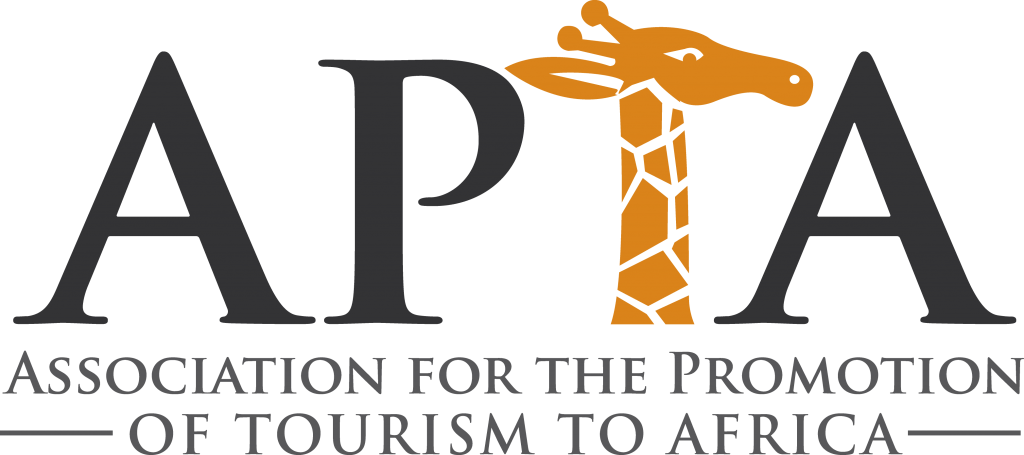

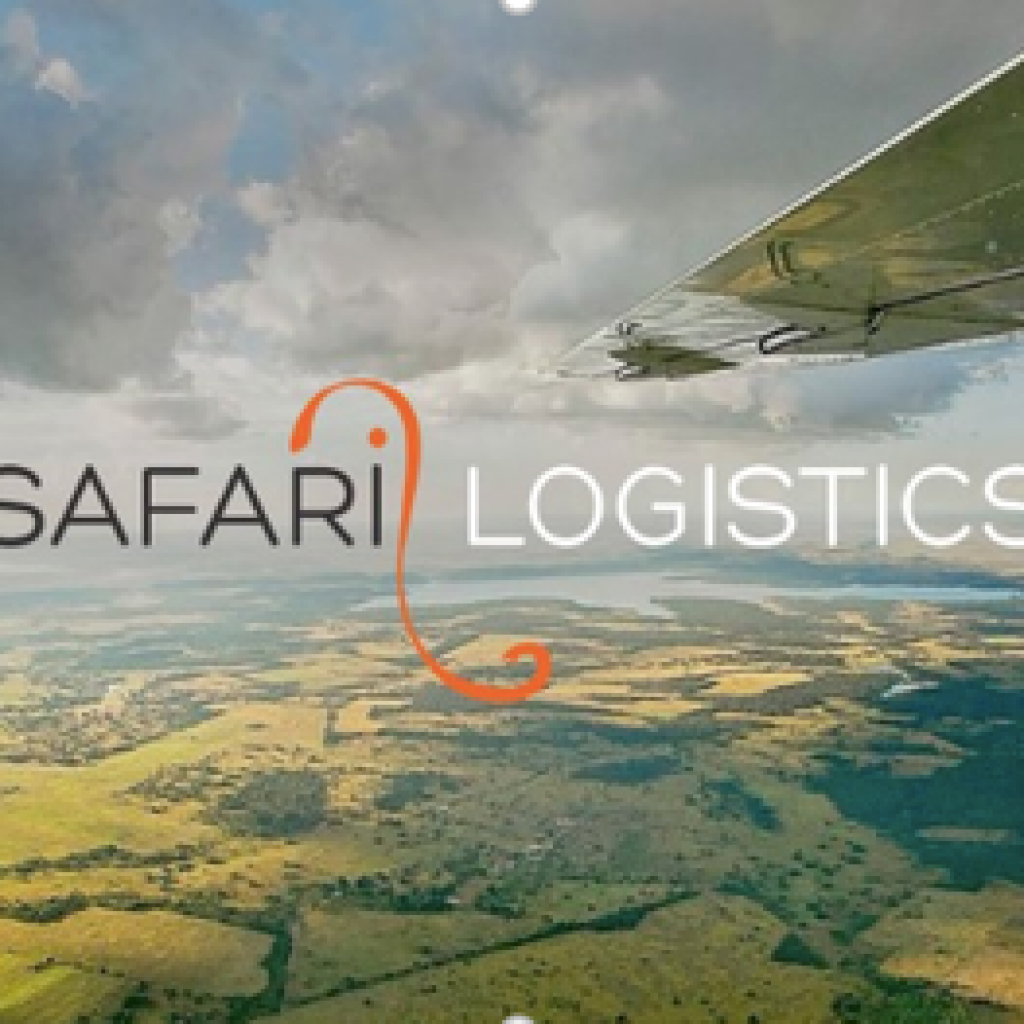
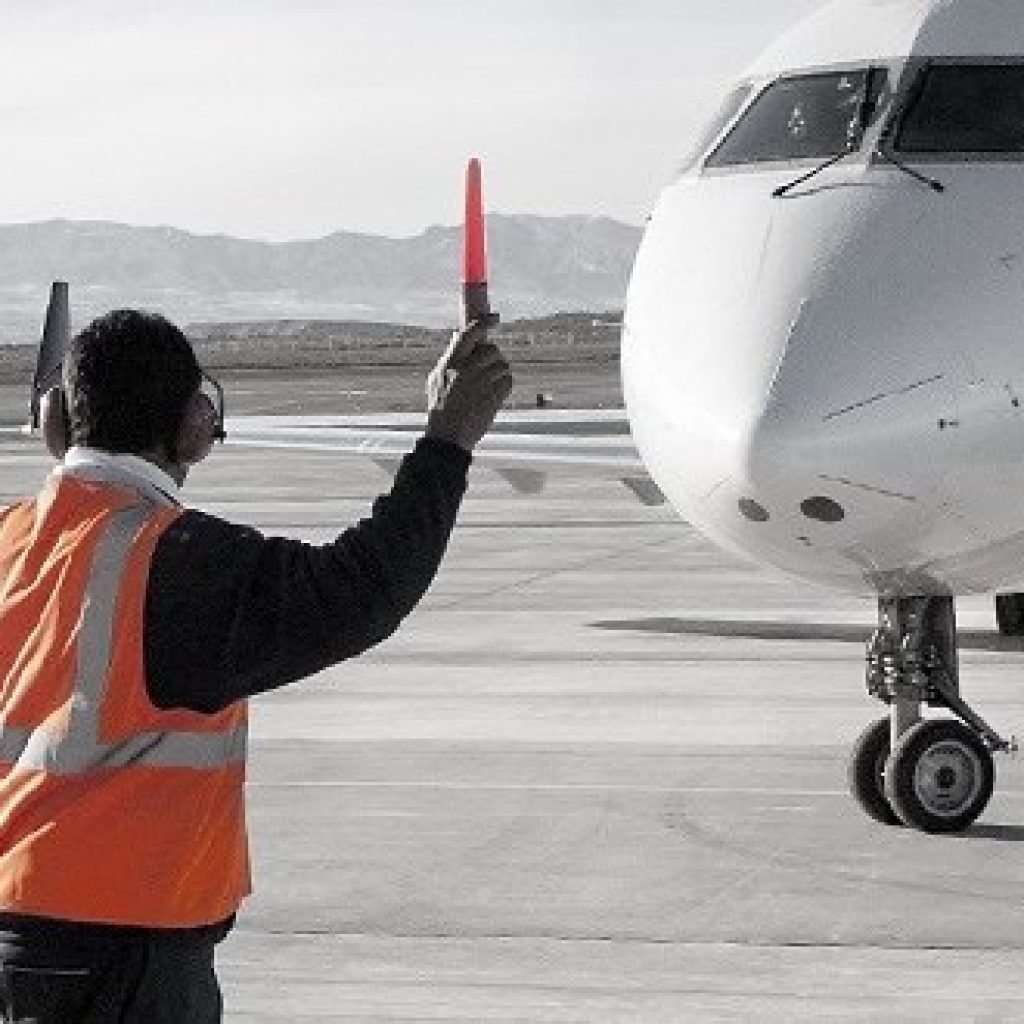
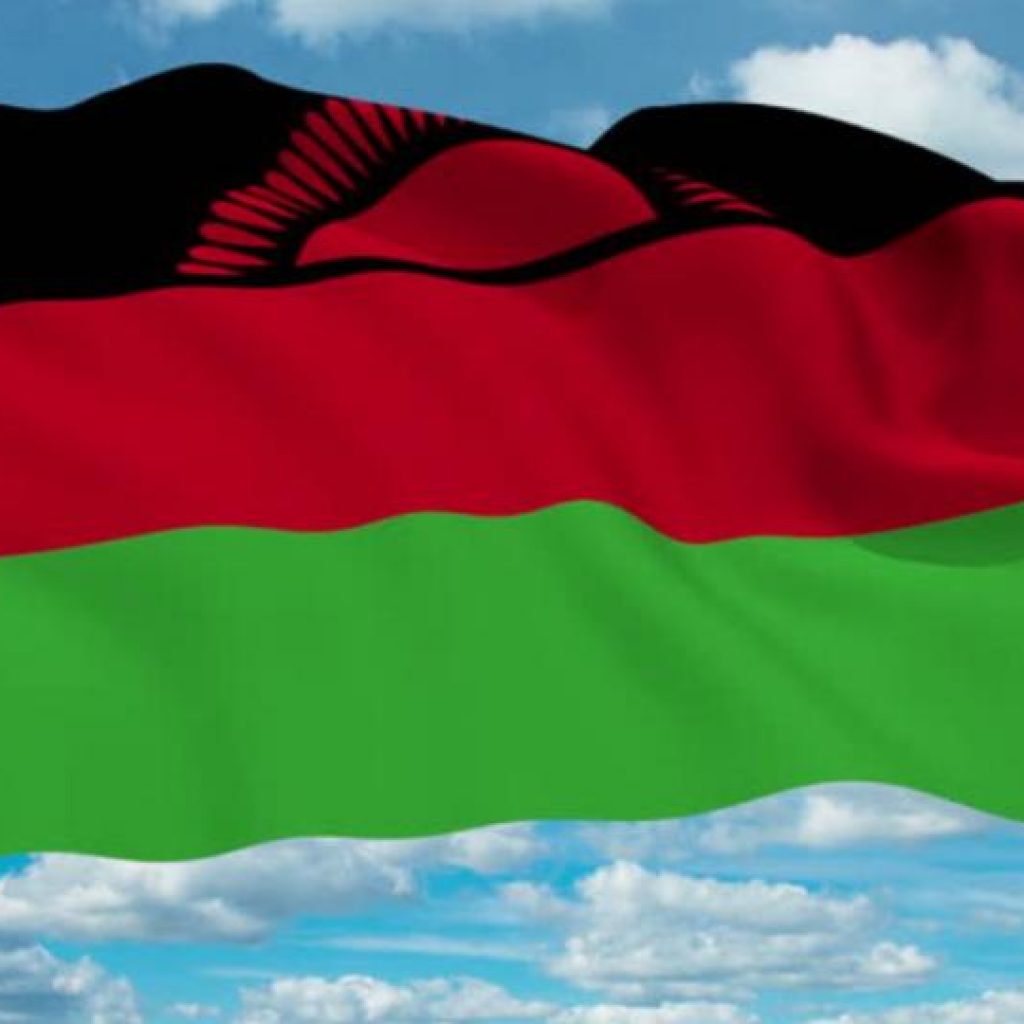
About The Author: David DiGregorio
More posts by David DiGregorio